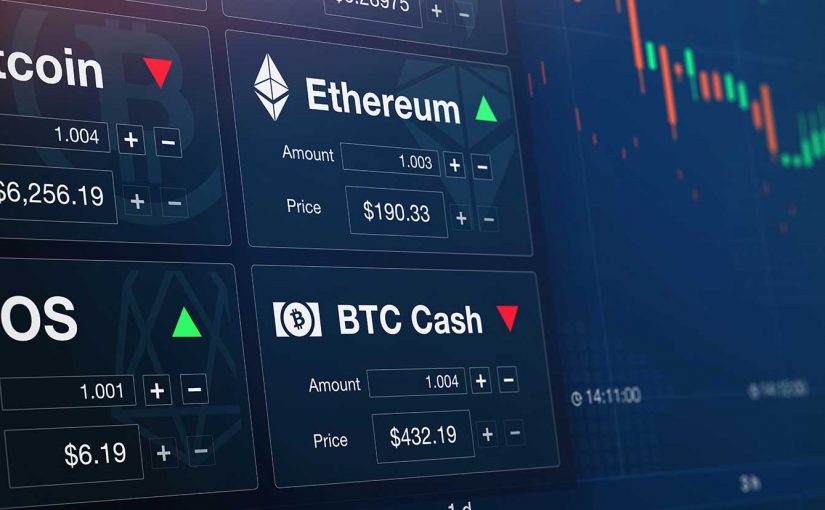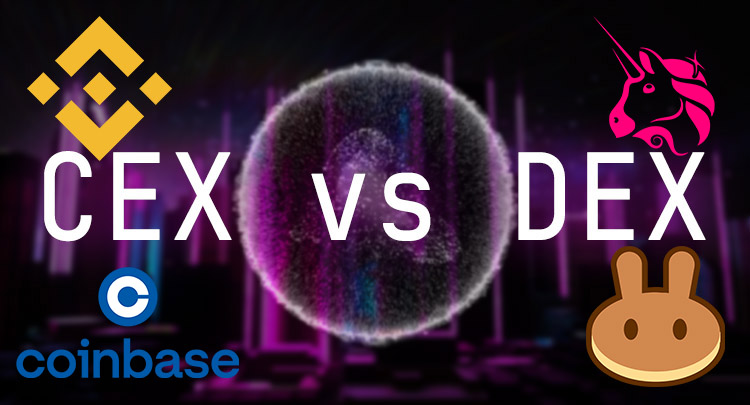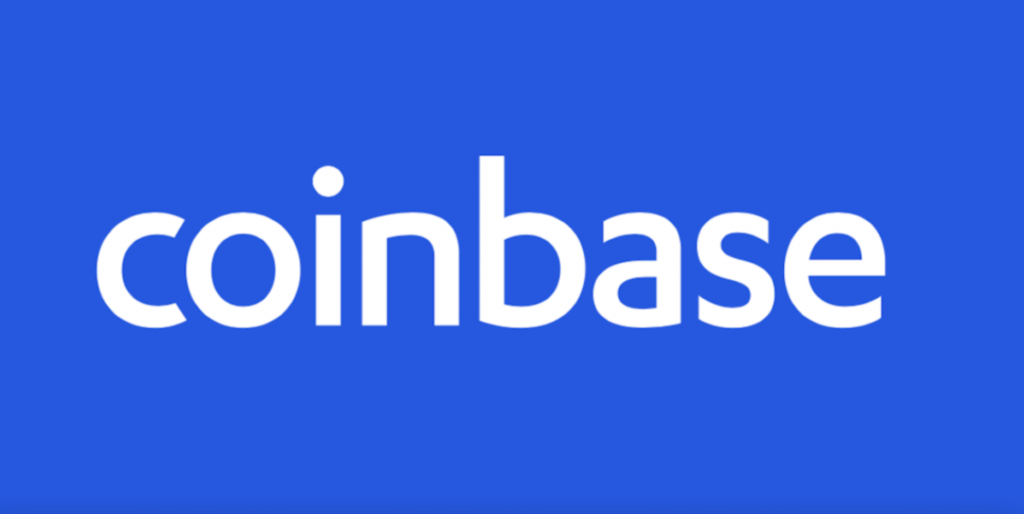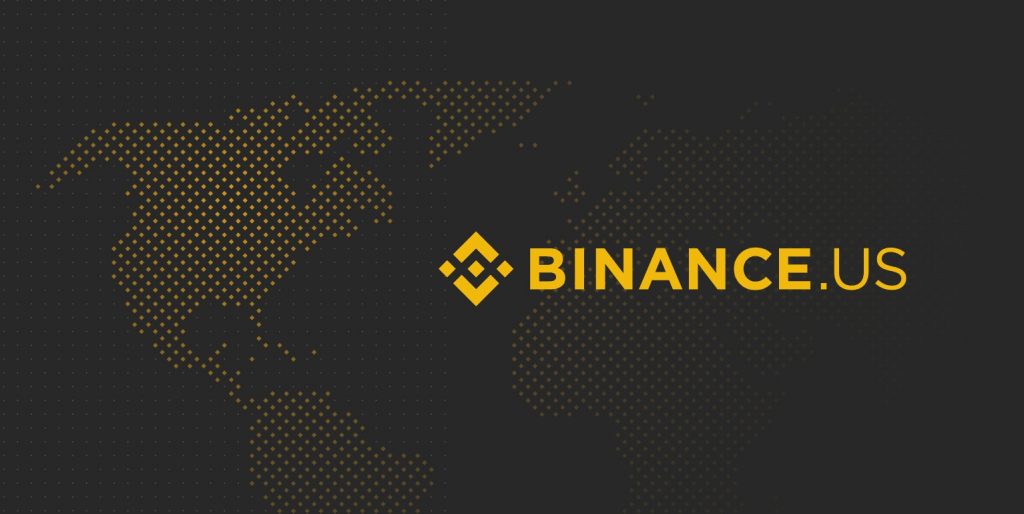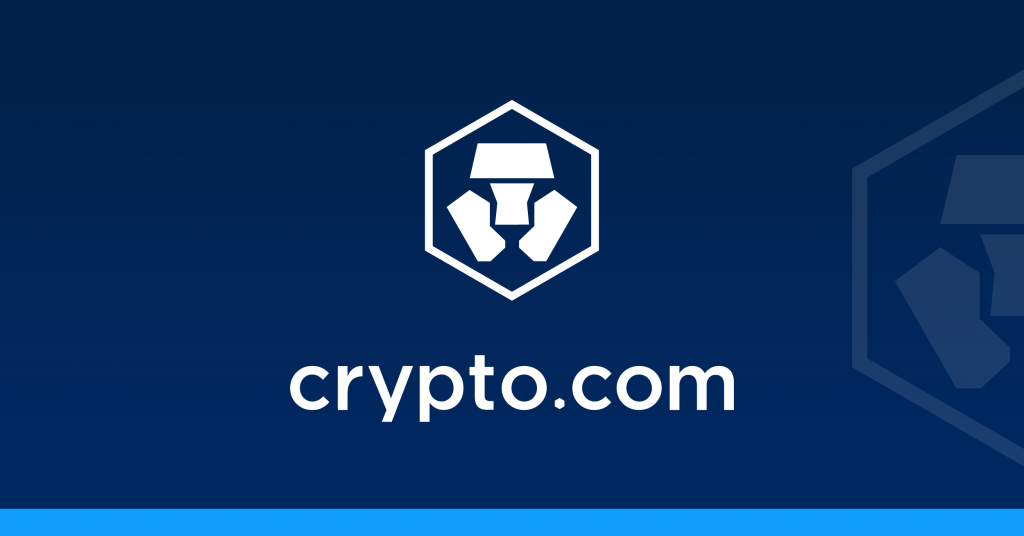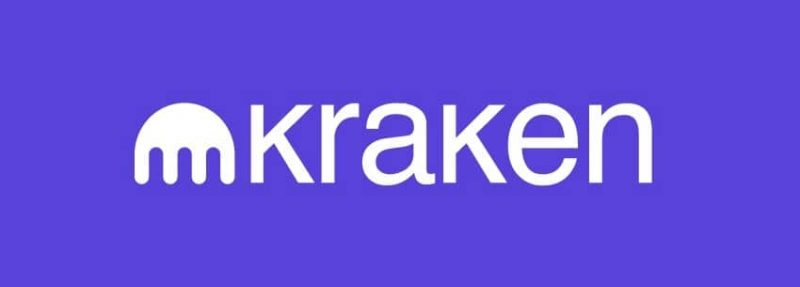If you’re new to crypto you may have no idea how to get started. The first step is to join a crypto exchange. Today, I’m going to discuss some of my favorite crypto exchanges and a little bit of the difference in the types of exchanges that exist.
First of all, think of a crypto exchange as a marketplace where you can swap one currency for another. That could be swapping dollars for bitcoin, or bitcoin for ethereum, or thousands of other coins to each other. The core idea is that you can exchange valuable goods for other valuable goods on the blockchain.
Types of Crypto Exchanges
For this introduction, I’m going to focus on the two main types of crypto exchanges: Centralized Exchanges (CEX) and Decentralized Exchanges (DEX). The two are similar in the basic idea of swapping one currency for the other, but the way they are structured is a bit different.
Centralized Crypto Exchanges (CEX)
The first type of crypto exchange that most people will discover is known as a centralized exchange. These are exchanges where users trade currency on a platform that is owned, governed and controlled by a company or central organization. These types of exchanges could be referred to as a CEX, although this acronym is not widely used since it would be kind of weird referring to a CEX (pronounced “SEX”) all the time.
Centralized cryptocurrency exchanges are the easiest way for beginners to get started. One key characteristic of centralized exchanges is that they often have a “custodial wallet” or a wallet where the key is stored on the exchange’s servers. There are benefits and downsides to each type of wallet.
The benefit of this type of wallet is that you don’t have to keep a phrase to recover your wallet and there is very little chance of you ever losing access. The downside is that someone else is technically in control over the private keys to your wallet. Theoretically, a hacker could access those private keys and drain your wallet. However, most centralized crypto exchanges take security very, very seriously. It’s pretty unlikely, but not impossible, that this would happen.
Centralized exchanges are regulated by Anti-Money Laundering (AML) and Know Your Customer (KYC) laws. This means that the exchange must verify your identity and monitor for fraud. This also means that your transactions are likely reported or monitored by government agencies. This also has tax implications as income generated by trades will be reported to the IRS.
Centralized exchanges are the ones you probably heard of like Coinbase, Crypto.com, Binance, or Kraken. This is the best route for a beginner to get started today.
Decentralized Crypto Exchanges (DEX)
The next type of crypto exchange is the decentralized exchange or DEX. When you start to dive into the world of crypto you will, without a doubt, start hearing the term DEX.
A DEX is a crypto exchange that is not necessarily controlled by a company. You’re essentially trading crypto in a peer-to-peer fashion. The decentralized exchange does facilitate the transaction and sometimes takes a fee.
One benefit of decentralized exchanges is that they are more anonymous. They don’t have the AML and KYC requirements and don’t report taxes. However, you absolutely should keep track and pay taxes on your gains. My intention is never to avoid taxes. All transactions on the blockchain are recorded public information. If someone can associate your identity with a wallet they will know pretty much every trade you’ve ever made.
A DEX usually requires a “non-custodial wallet”. This is a wallet where you control the key and it is hosted on your own device and not some central server run by an exchange. The benefit here is that you have full control over your wallet. The downside is that you have to be responsible for maintaining your key. Always print out your “mnemonic phrase”, which is essentially the recover key to your wallet, and store it in a safe place. A literal safe is a good place.
Don’t store the phrase on anything accessible on the internet. Don’t store it on your computer or any cloud service. You’re just asking to be hacked. Also, never provide your phrase to anyone. They can gain access to your funds and move them out of your wallet in an instant.
Another benefit of a DEX and non-custodial wallet is that you gain access to several different types of coins and tokens that you will not see on a centralized exchange. Some of this is due to regulation and some is due to the fact that centralized crypto exchanges cannot keep up with the fast pace that new tokens are released at.
I’m a Beginner, Which Crypto Exchange is for me?
If you’re an absolute beginner, the best way to start is with a centralized exchange. When you get more familiar with the way crypto works, then I recommend moving on to a DEX to gain exposure to a much larger market. However, you’ll be able to access the most popular coins on a centralized exchange.
Coinbase
Coinbase is probably the most popular crypto exchange in the US. It’s easy to sign up and verify your account, and they offer a wide variety of coins. The trading fees for coinbase are a little bit higher than other exchanges because of the simplicity. Coinbase targets newer crypto owners, but a lot of more experienced people still use it as an exchange. If you’re looking to get started with crypto, Coinbase is a great choice. Sign up for Coinbase now!
Binance.us
One of my personal favorite exchanges is Binance.us. The main reason for this is that I get access to the BNB (Binance Coin) token. This token will really open up the possibilities for you to start trading on the Binance Smart Chain as you start to explore decentralized exchange options. Binance.us has a wide variety of tokens to choose from and they give you a discount on fees if you hold BNB and pay trading fees with it. The fees here are some of the lowest in the industry. Sign up for Binance.us now!
Note: Binance and Binance.us are different. US users cannot use Binance but can use Binance.us.
Crypto.com
Crypto.com is another fast-growing exchange, and it’s quickly becoming one of my top exchanges. I get access to some coins that I’m not able to find on other exchanges and the mobile app is super easy to use. You can easily buy with a debit card, or probably a credit card if your credit card allows it (but you may get hit with cash advance fees). Plus, you can get access to a super cool metal debit card that will allow you to earn crypto as reward points. Sign up for Crypto.com now!
Kraken
Another good option for a beginner is Kraken. The fees here are on the low end and they offer a good selection of crypto tokens. They have a lot of good options for staking your coins and earning interest on crypto assets that are sitting idle. Sign up for Kraken now!
Gemini
Gemini is the exchange created by the Winklevoss twins, who gained notoriety for claiming that Mark Zuckerberg actually stole their creation, Facebook. Whether that is true or not, the “Winklevi” have created a great crypto exchange. Tyler and Cameron are highly invested in crypto and really seem to understand the market. The exchange has a focus on security and is another great choice. Sign up for Gemini today!
Decentralized Exchanges
As I mentioned above, I recommend beginners start out on a centralized exchange. I’ll go into more detail about decentralized exchanges in a future post. However, here are few popular ones if you’re curious:
- PancakeSwap – A popular DEX built on the Binance Smart Chain.
- Uniswap – Ethereum’s most popular DEX and probably the most popular in the world.
- SushiSwap – Supports multiple chains or networks.
- 1inch – This one aggregates multiple other swaps into a single place.
Conclusion
There are tons of options for exchanges. There are probably hundreds at this point and no way that I could cover all of them. If you’re new to crypto, sign up with one of the centralized exchanges I mentioned above. Do some trading and get familiar with crypto. Then start to dive into the world of DEX.
I plan to post more often on crypto-related topics going forward. As always if you have any questions feel free to leave them in the comments.

